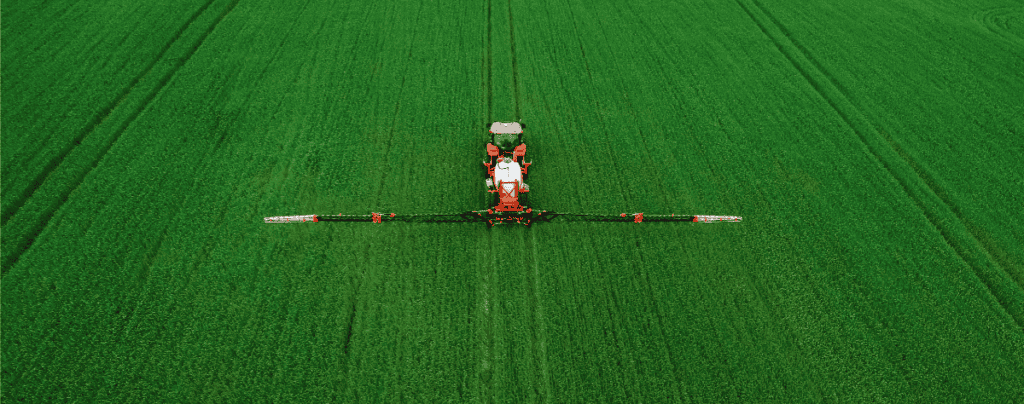- Pesticides Affect Hearing in Farmers - September 2, 2024
- Hearing Loss is #1 Disability for Veterans - August 1, 2024
- Untreated Hearing Loss linked to Dementia - July 1, 2024
Everyone knows the life of a dairy farmer is filled with… distinct smells. An onslaught on the nostrils, if you will. People might not know, though, that the farmer’s nose isn’t the only thing under attack, but also the ears.

Farmers, and agricultural workers in general, are in one of the top 3 fields for hearing loss. This is due to a variety of factors. Farming can be noisy work: tractors, forage harvesters, silage blowers, chain saws, skid-steer loaders, grain dryers, and other equipment subject farmers to a long day of ear-damaging noise. Studies suggest that lengthy exposure to these high sound levels has resulted in noise-induced hearing loss to farmers of all ages, including teenagers. Some of this equipment, though, has gotten better over the years, like having cabs in tractors, quieter engines and other safety measures that protect hearing. Awareness has also increased, and many farmers now wear hearing protection, such as ear covers or custom ear plugs (which you can order at Welsch Hearing Aid Company).
However, while farm life may have dropped a few decibels, with the increased use of pesticides, farmers are having to deal with the effects, which can cause hearing loss also. Certain pesticides are classified as neurotoxicants. They are ototoxic when they damage the ear by destroying the nerve fibers that interfere with hearing and balance. They can also be deemed cochleotoxicants if they mainly affect the cochlear hair cells, which are the sensory receptors, and can impair the ability to hear. If they affect the hair cells on the spatial orientation and balance organs, these chemicals are considered vestibulotoxicants.

Exposure to these chemicals combined with the high levels of noise in farm work increases the risk of hearing loss to the point that there is growing concern among occupational health and safety professionals that ototoxicant-induced hearing loss may go unrecognized since the measure for hearing loss does not indicate the cause. For example, hearing tests are powerful tools that show hearing impairments; however, they do not differentiate between noise and ototoxic causes.
Harmful exposure to ototoxicants occurs through inhalation, ingestion, or skin absorption. Since chemicals can affect central portions of the auditory system (e.g., nerves or nuclei in the central nervous system, the pathways to the brain or in the brain itself), not only do sounds need to be louder to be detected, but they also lose clarity. Specifically, speech discrimination dysfunction (the ability to hear voices separately from background noise) may occur, which makes hearing in noisy environments difficult and increases the risk of workplace injuries due to an inability to hear co-workers, environmental sounds, and warning signals.
Even if you’re only experiencing temporary effects to your hearing, it’s important to have your hearing tested. Welsch Hearing Aid Company, we offer complete hearing evaluations and the hearing aid Test Drive. Schedule your hearing evaluation today by calling us at 920-452-0213 or emailing us at hear@welschhearing.com.
